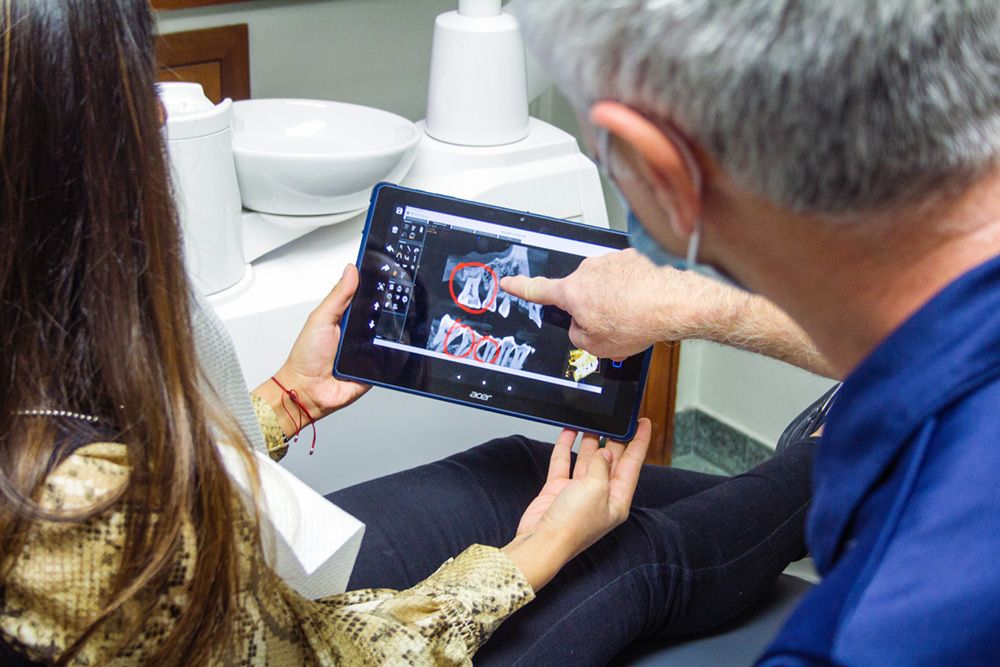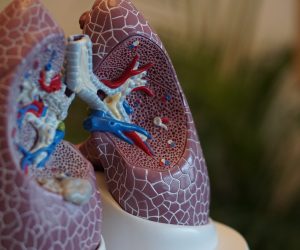
Top Nutrients to Slash Your Risk of Bone Fracture
Stephanie Woods via NaturalHealth365 – Bone loss is widely considered to be just another part of the aging process. In fact, many conventionally-trained physicians believe that it is perfectly “understandable” for a person to experience a higher risk of osteoporosis later in life.
In addition, Western medicine is quite accepting of the fractures that result from these conditions. In fact, researchers estimate that 50% of U.S. women and 20% of men will have an osteoporotic fracture after 49 years of age.
But, make no mistake about it, bone fractures due to osteoporosis can be avoided.
FACT: Bone Loss is NOT a Natural Part of the Aging Process; Vital Nutrients Can Help You Maintain Strong Bones
The truth is osteoporosis is not a normal part of aging. Having said that, bone loss can occur due to age, but that is typically due to vitamin and nutrient deficiencies. Just keep in mind, by getting all of the vital nutrients you need each day, you can have healthy, strong bones as you age, even well into your “golden years.”
For the basic facts, let’s start here: Many of the “bone-building nutrients” needed can be obtained by eating a well-rounded, organic diet loaded with organic dark (mineral rich) leaky vegetables and some fruit. The key here is to get your food from the best sources possible. And, yes, local farmers markets can be a great place to start.
Of course, depending on your own health status – in many cases – nutritional supplements may be needed to correct any deficiencies that exist.
THESE Critical Nutrients Can Help You Build Strong Bones and Prevent Bone Fractures, Studies Suggest
Vitamin D3 and calcium
As children, it is drilled into us, “drink your milk so you can have strong bones!” But, for the most part, we have to thank the milk industry for that marketing hype.
The truth is: there are no “magic bullets” when it comes to keeping bones healthy and strong. It really comes down to a combination of nutrients like vitamin D3 – mainly generated from adequate sun exposure – and calcium from dark leafy greens like dandelion greens.
In addition, there are several vitamins and minerals that the body needs in order to form strong bones. If you are concerned about your bone health, talk to an integrative physician or health coach (with experience in nutrition) about nutrients like boron, magnesium and zinc … that improve the absorption of vitamin D3.
In terms of healthy food choices for vitamin D and calcium, raw milk, organic broccoli, kale, collard greens, sesame seeds, pasture-raised eggs, wild mushrooms and grass-fed beef liver can help.
Don’t forget your vitamin K
A study published in 2019 found that a deficiency in vitamin K and other nutrient deficiencies can lead to increased fracture rates. This is because vitamin K plays a significant role in strengthening bones (known as mineralization) and bone formation.
There are two types of vitamin K, called K1 and K2. While deficiencies in both vitamins do seem to negatively affect bone loss, vitamin K2 is believed to be more integral to bone protection and strengthening.
Good sources of vitamin K include, organic spinach, Brussels sprouts, wild-caught fish, cabbage, turnip greens, grass-fed liver.
Are you getting enough vitamin B12
Many people are deficient in this essential vitamin and don’t even know it! A Tufts University study found a link between low vitamin B12 and osteoporosis in both women and men.
B12 is a water-soluble vitamin that is absorbed in the lining of the stomach. As people age, especially as they reach their 80s, they can experience changes in the stomach lining that inhibits their body’s ability to absorb the nutrient efficiently or effectively.
Simply put, there is plenty of evidence to suggest that B12 is important to bone health and that a deficiency can increase the risk of fractures and osteoporosis.
Some of the best sources for B12 are: wild-caught trout, salmon, spirulina and, of course (if necessary), a high quality, B12 supplement.
The value of vitamin C
Vitamin C is tissue building and strengthens immunity, but it is also a key component of collagen formation in the body which is the foundation of bone mineralization. Several studies have found a link between greater bone density and higher levels of vitamin C in the body.
Again, as a water-soluble vitamin, it gets absorbed in the intestines. Unfortunately, too many people are vitamin C deficient – which only increases the risk of health issues.
For a good food source of vitamin C, try eating more organic bell pepper, blueberries, strawberries, cauliflower, broccoli, lemons, oranges and kale. Plus, as a general rule, a good quality vitamin C supplement can’t hurt, as well. Just check with your integrative physician before making any changes to your diet.
Magnesium deserves our attention
Magnesium benefits the body in many ways, from regulating blood pressure and blood sugar levels to making protein and increasing bone mineral density. It works very closely with calcium to improve bone health and strengthen bones.
When taking magnesium, look for chelated forms of magnesium that are easier for the body to absorb. The body does not absorb magnesium oxide as easily as it does chelated forms of the mineral. It is also a good idea to divide magnesium, taking them two or three times during the day.
Food sources include, organic nuts, brown rice, seeds, whole grains, legumes and dark leafy green vegetables.
Boron – in small amounts – can be powerful
Boron is another important nutrient when it comes to bone formation and growth. It is believed to increase bone building and decrease bone loss by aiding the body in more efficient calcium utilization.
In fact, studies have shown that a deficiency in boron leads to decreased bone strength. Science is still exploring the link between bone strength and boron, but it is believed that increasing your boron intake can help improve your bone health.
Food sources include, organic apples, nuts, avocados, broccoli, legumes, tomatoes, bananas and prune juice.
Bottom line: Focusing on better bone health now can help prevent falls and fractures later. It doesn’t matter if you are 18 or 80; making adjustments to your diet and taking the right bone-building supplements will positively affect your body.
And, remember, it’s never too late to build stronger bones.
Sources for this article include:
LifeExtension.com
AmericanBoneHealth.org
AmericanBoneHealth.org
JamaNetwork.com
ResearchGate.net
TuftsJournal.Tufts.edu
NIH.gov
Academic.OUP.com
NIH.gov
To read the original article click here.






